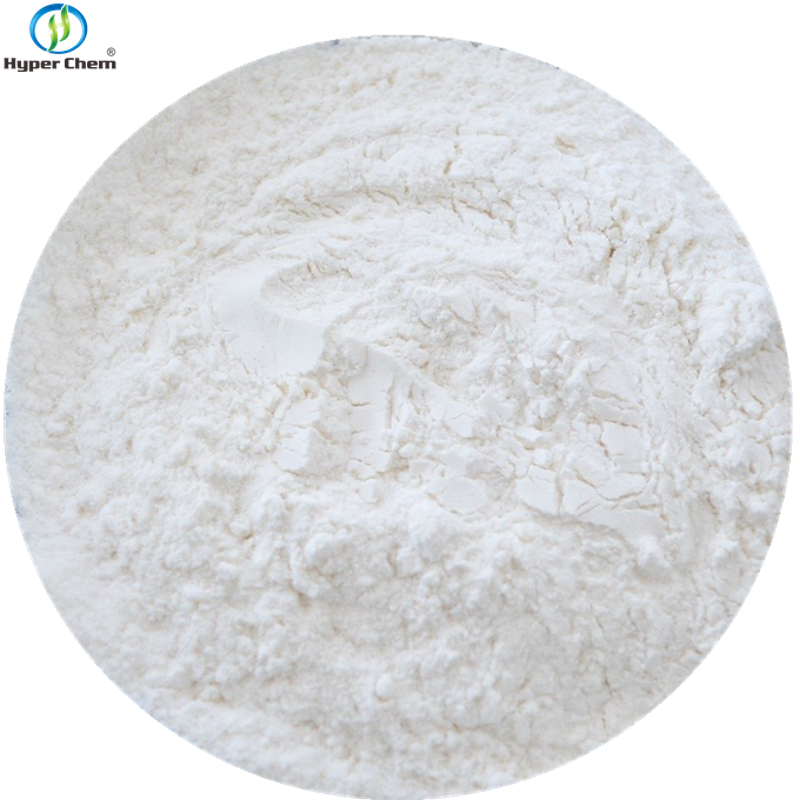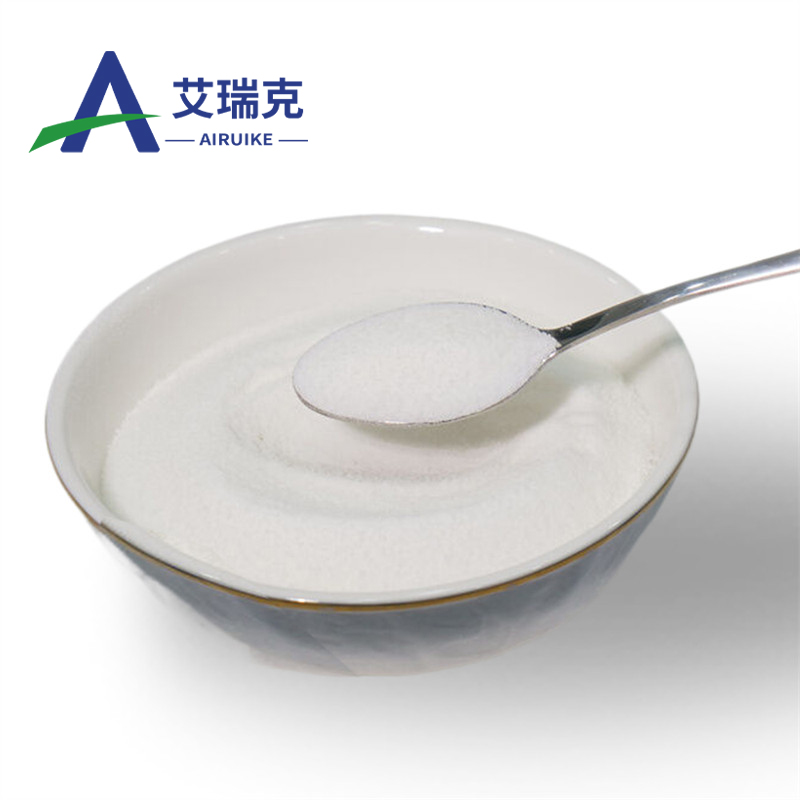-
Categories
-
Pharmaceutical Intermediates
-
Active Pharmaceutical Ingredients
-
Food Additives
- Industrial Coatings
- Agrochemicals
- Dyes and Pigments
- Surfactant
- Flavors and Fragrances
- Chemical Reagents
- Catalyst and Auxiliary
- Natural Products
- Inorganic Chemistry
-
Organic Chemistry
-
Biochemical Engineering
- Analytical Chemistry
-
Cosmetic Ingredient
- Water Treatment Chemical
-
Pharmaceutical Intermediates
Promotion
ECHEMI Mall
Wholesale
Weekly Price
Exhibition
News
-
Trade Service
▎ WuXi AppTec content team editor recently, Harmony Biosciences has announced preliminary top-line results
from a Phase 2 proof-of-concept study of its marketed drug, Pipolisant (trade name: Wakix), in patients with Prader-Willi syndrome (PWS).
According to data analysis, Pitolisant showed positive results
in improving excessive daytime sleepiness (EDS) in the study.
PWS is a rare inherited neurological disorder whose many symptoms are caused
by dysfunction of the hypothalamus.
The hypothalamus is the part of the brain that controls the stability of the sleep-wake state and regulates the balance
between hunger and satiety.
Hypothalamic dysfunction causes two of the main symptoms of PWS patients – EDS and binge eating (an intense persistent hunger that is accompanied by attention to food, extreme cravings, food-related behavioral problems, and a lack of normal satiety).
Other features include hypotonia, short stature, behavioral problems, and cognitive impairment
.
More than half of patients with PWS have EDS symptoms
.
Pitolisant is a selective histamine 3 (h3) receptor antagonist that works
through an entirely new mechanism of action: increasing the synthesis and release of the brain's wakefulness-promoting neurotransmitter histamine.
In 2019, Pitolisan T was approved by the US FDA as a "first-in-class" drug for the treatment of EDS symptoms
in adult patients with narcolepsy.
Pitolisant received orphan drug designation from the FDA in 2010 for the treatment of narcolepsy and breakthrough therapy designation for the treatment of cataplexy in 2018
.
The Phase 2 clinical trial is a randomized, double-blind, placebo-controlled study to evaluate the safety and efficacy of pitolisant in PWS patients with primary endpoints of change in ESS-CHAD parent/caregiver version scores from baseline to end of treatment (EOT
).
Patients were divided into 3 age groups, children aged 6 to 12 years, adolescents aged 12 to 18 years, and adults aged 18 to 65 years
.
The results of the study showed that the mean change from baseline to EOT on ESS-CHAD parent/caregiver scores ranged from -3.
7 to -5.
5 in all treatment groups of all ages, indicating clinically significant improvement (a change of ≥ of 2 is a clinically meaningful improvement).
In the group of children and adults with high doses, there was a clinically meaningful difference
in the improvement obtained by patients treated with pitolisant compared with the placebo group.
One responder analysis showed a response rate of 70 percent in the high-dose pitolisant group, 55.
6 percent in the low-dose pitolisant group, and 52.
6 percent
in the placebo group.
In terms of safety, the overall safety/tolerability of Pitrisant is consistent
with known characteristics.
Harmony said it will provide full data results
, including secondary endpoints, by the end of the year.
"It is encouraging that we have observed positive signals from this proof-of-concept study that the drug is improving the primary endpoint of EDS," said Jeffrey M.
Dayno, Ph.
D.
, Chief Medical Officer of Harmony.
I would also like to thank the clinical researchers and their teams who collaborated with us on this trial, as well as the patients and their families
who participated in the trial.
"
WuXi AppTec provides integrated, end-to-end new drug development and manufacturing services to the global biopharmaceutical industry, covering chemical drug development and manufacturing, biological research, preclinical testing and clinical trial development, cell and gene therapy development, testing and manufacturing
.
If you have related business needs, please click the picture below to fill in the specific information
.
▲If you have any business needs, please long press to scan the QR code above, or
from a Phase 2 proof-of-concept study of its marketed drug, Pipolisant (trade name: Wakix), in patients with Prader-Willi syndrome (PWS).
According to data analysis, Pitolisant showed positive results
in improving excessive daytime sleepiness (EDS) in the study.
PWS is a rare inherited neurological disorder whose many symptoms are caused
by dysfunction of the hypothalamus.
The hypothalamus is the part of the brain that controls the stability of the sleep-wake state and regulates the balance
between hunger and satiety.
Hypothalamic dysfunction causes two of the main symptoms of PWS patients – EDS and binge eating (an intense persistent hunger that is accompanied by attention to food, extreme cravings, food-related behavioral problems, and a lack of normal satiety).
Other features include hypotonia, short stature, behavioral problems, and cognitive impairment
.
More than half of patients with PWS have EDS symptoms
.
Pitolisant is a selective histamine 3 (h3) receptor antagonist that works
through an entirely new mechanism of action: increasing the synthesis and release of the brain's wakefulness-promoting neurotransmitter histamine.
In 2019, Pitolisan T was approved by the US FDA as a "first-in-class" drug for the treatment of EDS symptoms
in adult patients with narcolepsy.
Pitolisant received orphan drug designation from the FDA in 2010 for the treatment of narcolepsy and breakthrough therapy designation for the treatment of cataplexy in 2018
.
Image source: 123RF
The Phase 2 clinical trial is a randomized, double-blind, placebo-controlled study to evaluate the safety and efficacy of pitolisant in PWS patients with primary endpoints of change in ESS-CHAD parent/caregiver version scores from baseline to end of treatment (EOT
).
Patients were divided into 3 age groups, children aged 6 to 12 years, adolescents aged 12 to 18 years, and adults aged 18 to 65 years
.
The results of the study showed that the mean change from baseline to EOT on ESS-CHAD parent/caregiver scores ranged from -3.
7 to -5.
5 in all treatment groups of all ages, indicating clinically significant improvement (a change of ≥ of 2 is a clinically meaningful improvement).
In the group of children and adults with high doses, there was a clinically meaningful difference
in the improvement obtained by patients treated with pitolisant compared with the placebo group.
One responder analysis showed a response rate of 70 percent in the high-dose pitolisant group, 55.
6 percent in the low-dose pitolisant group, and 52.
6 percent
in the placebo group.
In terms of safety, the overall safety/tolerability of Pitrisant is consistent
with known characteristics.
Harmony said it will provide full data results
, including secondary endpoints, by the end of the year.
"It is encouraging that we have observed positive signals from this proof-of-concept study that the drug is improving the primary endpoint of EDS," said Jeffrey M.
Dayno, Ph.
D.
, Chief Medical Officer of Harmony.
I would also like to thank the clinical researchers and their teams who collaborated with us on this trial, as well as the patients and their families
who participated in the trial.
"
WuXi AppTec provides integrated, end-to-end new drug development and manufacturing services to the global biopharmaceutical industry, covering chemical drug development and manufacturing, biological research, preclinical testing and clinical trial development, cell and gene therapy development, testing and manufacturing
.
If you have related business needs, please click the picture below to fill in the specific information
.
▲If you have any business needs, please long press to scan the QR code above, or







